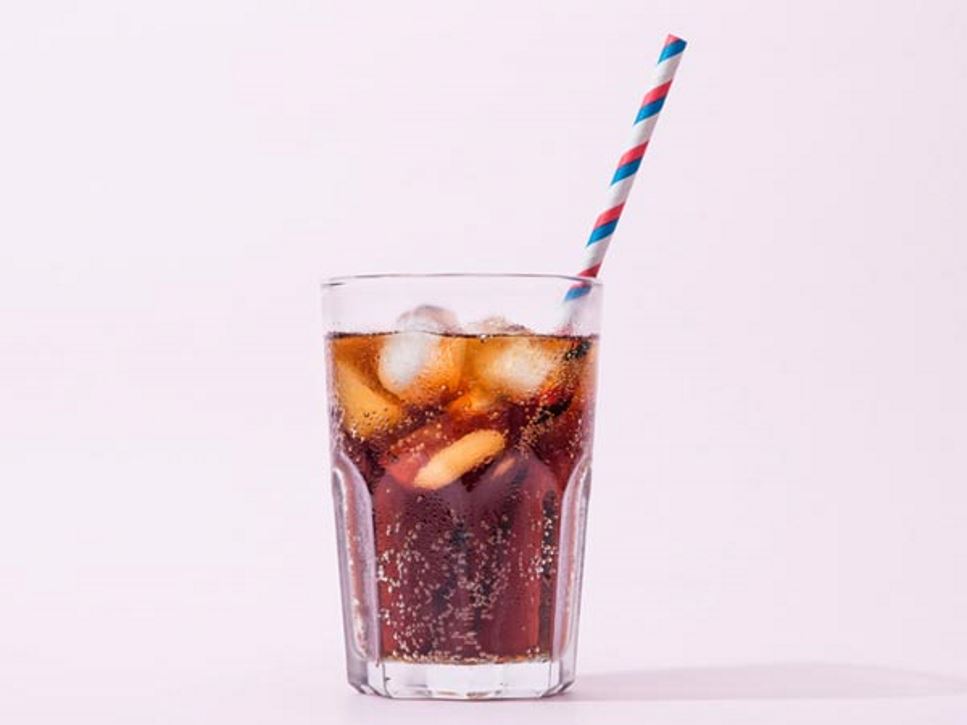When given a choice, many children and teens reach for soft drinks and other sweetened beverages instead of low-fat milk or water. And, let's face it, with the variety of types and flavors of soft drinks — regular, diet, with or without caffeine, cola and energy drinks — it’s a temptation.
Sweetened Soft Drinks
The main ingredient in sweetened soft drinks is water. They are about 90% carbonated water. So, why discourage kids from consuming sodas too often? These drinks provide essentially no key nutrients. Plus, they contain sugar or high-fructose corn syrup, which is a combination of fructose and dextrose (a sugar that comes from corn). There's an ongoing debate about a link between this syrup and the skyrocketing obesity rates in the United States. At this point, there is not enough scientific evidence to say that this sweetener changes metabolism, increases body fat or boosts appetite. However, one key strategy for encouraging a healthy diet is to limit added sugars.
Other ingredients in soft drinks might include artificial or natural flavors. Plus, acids such as citric acid and phosphoric acid give a tart taste and act as preservatives. Coloring usually is added. Many soft drinks also contain caffeine. While caffeine is not necessarily harmful, it is a stimulant that can affect alertness and sleep patterns. Caffeine can make children feel anxious, jittery or dizzy. It may even cause headaches. Unfortunately, the Nutrition Facts and other food labels do not always list the amount of caffeine. However, most caffeine-free soft drinks say so on the label.
Energy Drinks
Energy drinks are soft drinks that contain large amounts of caffeine and added sugar. They may also contain other stimulants such as herbs or amino acids, like taurine. These products are marketed as a way to increase energy or focus, but they can have some dangerous side effects. Children should avoid energy drinks to reduce the risks associated with their consumption.
A 2024 systematic review found that drinking these beverages may lead to a variety of negative health outcomes. For example, consuming energy drinks may lead to headaches, insomnia, restlessness, anxiety, stomachache and heart palpitations. They also may contribute to unwanted weight gain and are associated with obesity and Type 2 diabetes, as well as dental erosion. These products often contain warning labels about the potential negative side effects drinkers, especially children or pregnant individuals, may experience.
Think Before You Drink Tips
- Offer kids water when they are thirsty — it is the best way to quench thirst.
- Serve water or plain, pasteurized, low-fat or fat-free milk or fortified soy beverage at meals instead of soft drinks.
- Consider other unsweetened beverage options, such as carbonated or sparkling water, or consider adding herbs or slices of fresh fruit to water for flavor.
References
Find a Nutrition Expert
Looking for credible nutrition information and recommendations? The Academy of Nutrition and Dietetics' network of credentialed food and nutrition practitioners are ready to help!


